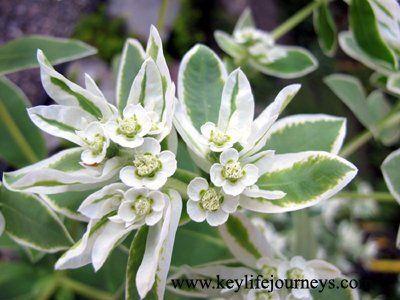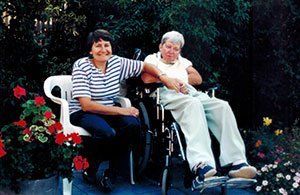Memory
I'm looking out my study window on a cool wet September day. I see my garden in its mature mantle. The veggie patch showing the decline of tomato and beans foliage but the abundant vibrancy of Brussels sprouts. I see my beloved dahlias. Closer to the path are immaculate sturdy blooms in pink and red, yellow and orange of seeds I planted in the spring. They too are among my favourite flowers. However, their name completely eludes me. It will come back. But it saddens me to know that inside of me there is so much more, that may never get out. Merrily I reel off the names of marigold, euphorbia, brugmansia; I see the yellow potentilla bushes, hostas and my green wooden wheeled wagon filled with pots of herbs. I see the cedars, yews, spruce and Japanese maple; the healthy lilacs and forsythia waiting to flower next spring.
I name them all so easily I could pretend that I know the name of the flowering stems standing 2-3ft high. Only yesterday I was out there with my camera taking close up photos of crickets who serenade me on late summer afternoons and evenings; whom I hear through my opened bedroom window when I fall asleep. I love taking close up photos of insects on my plants. Yesterday I filmed a bee and the day before a butterfly on my sedum.
I thought by writing this, the name of the flower would come back to me, but it hasn't yet. No doubt if I think about something else, it will pop into my mind. We learn these techniques as we adapt to failing memory. Did I say that? Am I acknowledging that words, once so fluent, do not come flowing like a river any more? I was trained as a public speaker and so do not willingly fill gaps in speech with ums and arhs. So often, there is a silence as I fight to visualize and then project the missing word, always a specific name that can't be fudged.
My father had memory loss. I first saw it when he came to visit me in 1979. He must have been about 75 years old then. We had gone on a road trip, the ferry to Manatoulin Island and then to Sault Ste Marie where we took a boat tour of the locks and a train trip up the Agawa Canyon. We went to see Lake Superior, turning inland at Wawa and returned home via Killarney. I learned on that trip that he was no longer the man he once had been but his zest for travel remained; his joy at new encounters prevailed. It was an amazing trip for me for I discovered Lake Superior and Algoma and the land of the Group of Seven artists. I discovered Killarney which stole my heart. All places I have revisited over the years since.
I think of it now, my dad, memory loss, and so on, because I have just got back from a trip to see Lake Superior again. A place that Dad and I discovered together for the first time. The last time I saw him alive, his life had shrunk to what could be seen within the walls of an institution. He was in his 90s and could identify no one. I think back to a photo I took of my Dad at Killarney on that trip we did together, his last to Canada.
I wish we had talked about his diminishing faculties then. Now. But we never do have those important conversations do we?
Now I could have told him about my beautiful.... Zinnias.














